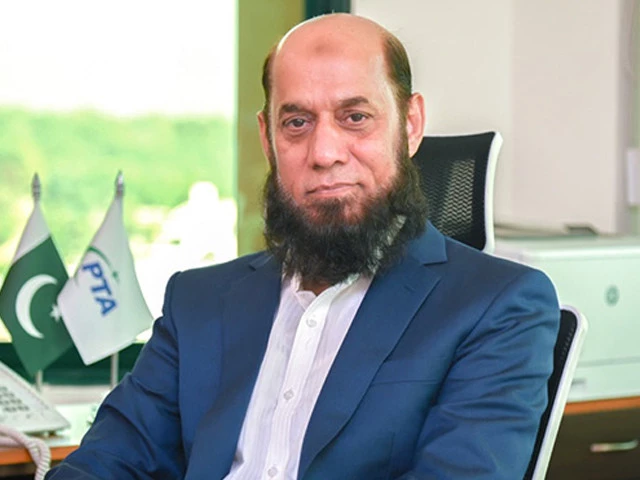Nawaz’s Return and the Urgency of Reforms
Nawaz’s Return and the Urgency of Reforms
By Shafqat Aziz
In the complex tapestry of Pakistan’s political landscape, the return of Nawaz Sharif, the stalwart leader of Pakistan Muslim League-Nawaz (PML-N), signifies a potential turning point for the nation. The prospect of PML-N’s resurgence has ignited hope among the populace, unveiling a path towards political stability, economic rejuvenation, and, most crucially, effective poverty alleviation. In the wake of Nawaz Sharif’s homecoming, the nation stands at the precipice of transformative change, where visionary leadership and a steadfast commitment to reforming key sectors, particularly poverty alleviation, can propel Pakistan into an era of peace and prosperity.
At the heart of any thriving nation lies political stability. Nawaz Sharif’s return has sparked optimism, with the belief that under his leadership, Pakistan can achieve the much-needed stability. The mood of the people resonates with the anticipation of a brighter future, one that hinges on economic growth, social progress, and harmonious international relations. Nawaz Sharif, in his welcoming rally, unequivocally voiced his dedication to economic revival, vowing to transcend the divisive politics of vendetta. This commitment offers a glimmer of hope, suggesting that the PML-N, once in power, will prioritize the welfare of the nation above all else.
Crucially, Nawaz Sharif has emphasized the importance of forging robust ties with neighboring countries. Diplomatic relationships can serve as catalysts for economic growth, fostering trade, cooperation, and mutual development. By embracing a policy of diplomacy and collaboration, Pakistan can create an environment conducive to progress, transcending the barriers of hostility and paving the way for shared prosperity.
Addressing the pervasive issue of poverty is pivotal for sustained progress, for it stains the social fabric of any nation. Despite its vast potential, Pakistan finds itself entangled in deep-rooted poverty, worsened by ineffective and corrupt systems. The mechanisms designed to alleviate poverty have been compromised, with political affiliations taking precedence over merit in appointments. This erosion of efficiency and transparency unfolded during the tenures of both PTI and the PDM’s 16-month government. Critical positions were filled through political quotas, and PPP’s appointment of inept and compromised politicians further tarnished the credibility of poverty alleviation efforts. PML-N must learn from these mistakes, recognizing the dire need to avert the quota system. Power-sharing should be approached with wisdom, understanding that meritocracy, not political affiliations, must guide appointments to rebuild the nation’s trust in poverty alleviation initiatives.
The urgency of the matter cannot be overstated. It is imperative for PML-N to prioritize the reform of the poverty alleviation sector in its manifesto. A comprehensive overhaul is needed, one that ensures competence, transparency, and accountability. The presence of corrupt elements within this sector is not just detrimental; it is morally unacceptable. Poverty alleviation demands unwavering integrity, genuine empathy, and a commitment to eradicating the sufferings of the poor and ultra-poor.
The reform agenda must encompass a multi-faceted approach. Firstly, a rigorous selection process, devoid of political influence, should be implemented to appoint individuals with a proven track record of effectiveness and integrity. Meritocracy must be the guiding principle, ensuring that only the best and brightest minds are entrusted with the task of designing and implementing poverty alleviation programs.
Secondly, a stringent framework of accountability should be established. Any hint of corruption or mismanagement must be met with swift and severe consequences. Transparent monitoring and evaluation mechanisms can serve as deterrents, promoting a culture of honesty and diligence within the sector.
Thirdly, partnerships with credible international organizations and NGOs can provide valuable insights and best practices. Learning from the successes of other nations in poverty reduction can inform tailored strategies for Pakistan, aligning the nation with global standards of excellence in social welfare.
Furthermore, the reform agenda should emphasize innovation. Embracing technology and data-driven solutions can enhance the efficiency of poverty alleviation programs. From digital payment systems to predictive analytics, technology offers a myriad of tools that can optimize resource allocation, identify vulnerable populations, and ensure that aid reaches those who need it most.
In conclusion, Nawaz Sharif’s return and the potential resurgence of PML-N offer a beacon of hope for Pakistan. The nation stands at a pivotal juncture, where visionary leadership and a resolute commitment to reform can usher in an era of unparalleled progress. Political stability, diplomatic engagement, and, most importantly, an unwavering dedication to poverty alleviation are the cornerstones upon which this new Pakistan must be built.
The time for change is now. By prioritizing the reform of the poverty alleviation sector, Pakistan can not only uplift its most vulnerable citizens but also pave the way for a future where prosperity is truly inclusive, leaving no one behind. As the nation looks to the future with renewed optimism, it is imperative that the leaders of today seize this opportunity to shape a Pakistan that is prosperous, just, and compassionate.
- The writer is an Islamabad-based political and social sector analyst and could be reached at shafqataziz1@gmail.com

